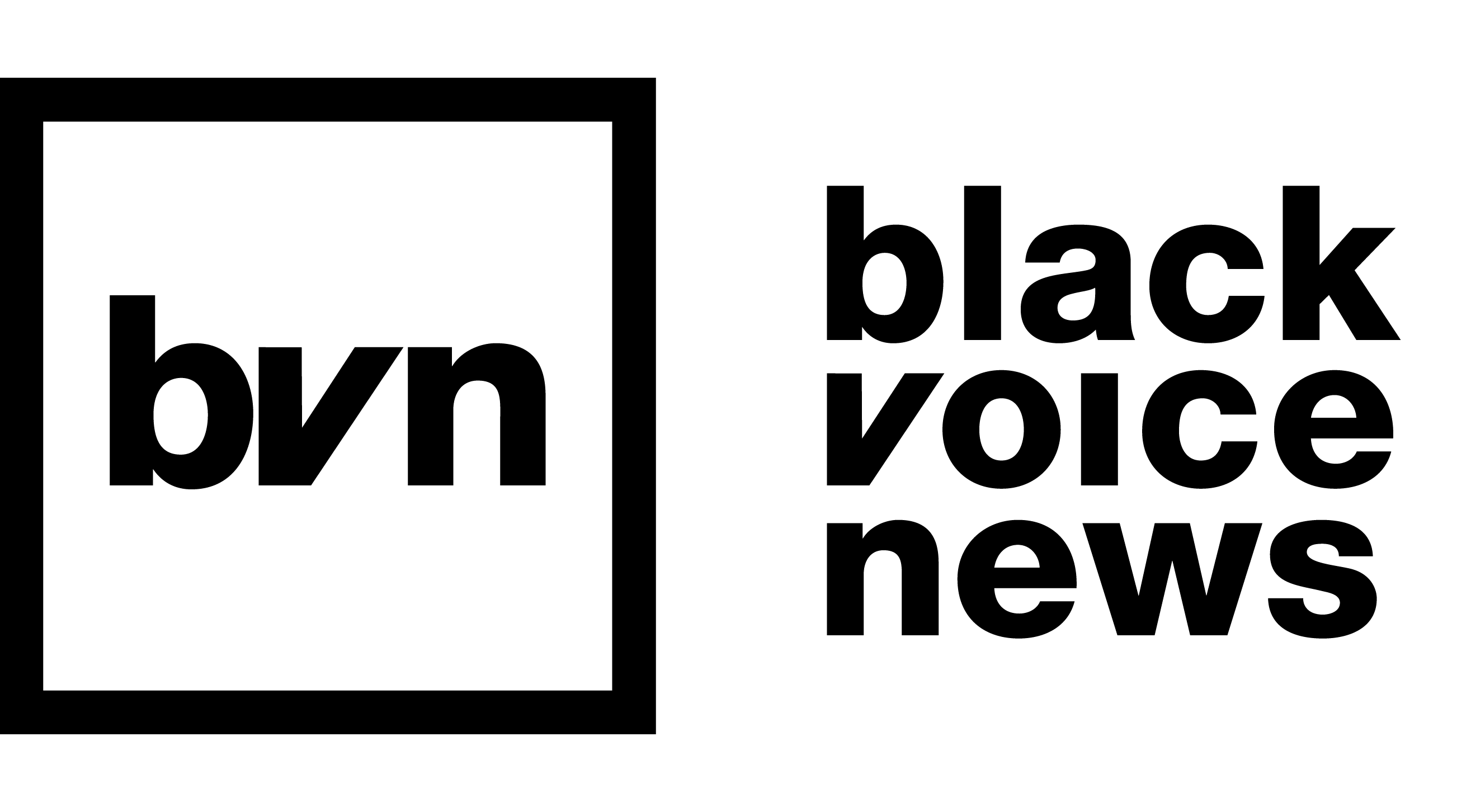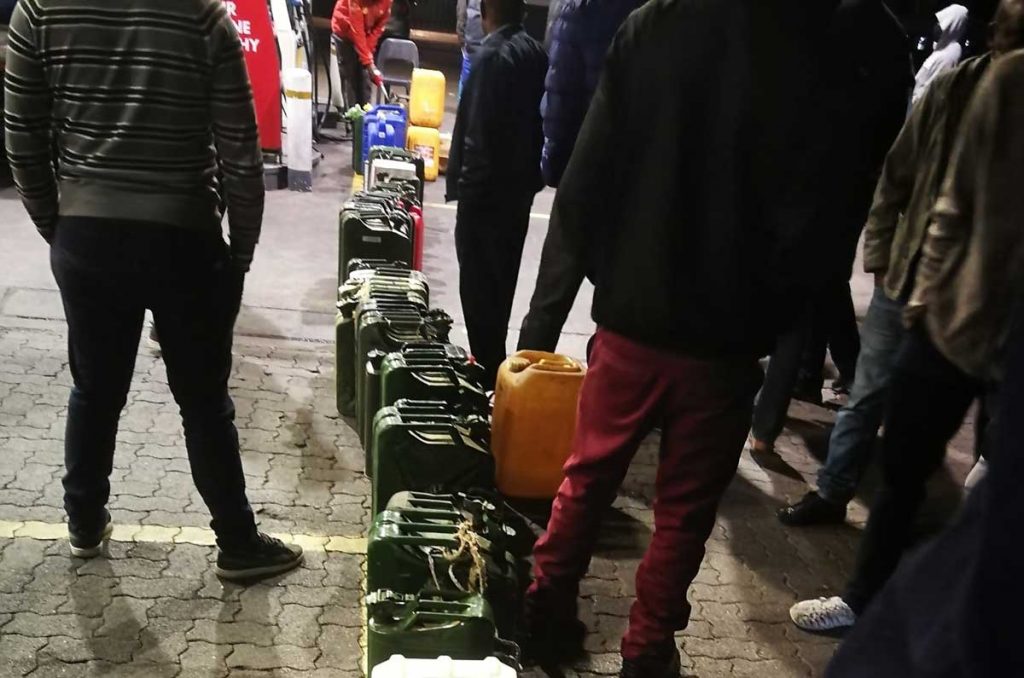Last Updated on July 12, 2020 by BVN
With 314 confirmed COVID-19 cases in mid-July, Botswana, with a population of over 2.2 million, is one of the few countries in Africa’s southern region that have experienced low community spread. Before their first reported cases, government officials mandated strict protocols including social distancing and frequent hand washing, and closed their borders to non-essential activities and banned travelers from hotspots like China, Europe and the United States.
After the country’s first three cases were reported on March 30, the government declared a state of emergency and went into a strict lockdown. Throughout the lockdown period strict measures to regulate movement were implemented. The economy opened up in mid May and the country has remained steady in testing, contact tracing, mandated face coverings, and promoting social distancing and frequent hand washing.
What Batswana didn’t expect is that there would be fuel shortages and long queues just to fill the tank. On July 4th Permanent Secretary Mmetla Masire of Botswana’s Ministry of Natural Resource, Green Technology and Energy Security addressed the issue on a BTV telecast confirming the shortage but suggesting a government strategy to deal with the growing concern. By Thursday President Mokgweetsi Masisi announced a plan to ration fuel, which has led to people camping out night and day in long queues with fuel containers.
The fuel shortage has also disrupted businesses which were already struggling after the re-opening of the economy. Adding to the conflict, South African drivers have instituted a strike to protest the use of foreign drivers to deliver essential goods across borders.
Under normal conditions, Botswana’s fuel supply is imported by road from South Africa, but due to the pandemic the supply chain has been disrupted causing delivery delays. “We have also started to import fuel through Namibia and Mozambique to complement supplies from South Africa…” the president explained in a televised address. Before the pandemic, the country was able to maintain 12 day fuel reserves.
Header Photo:
COVID-19 restrictions have led to fuel shortages in Botswana, a country in Southern Africa. The country hasn’t been hard hit by the pandemic, but closed its borders in April to surrounding countries as well as countries with uncontrolled coronavirus cases including the United States. (Photo taken July 2020 in Gaborone, Botswana.)



